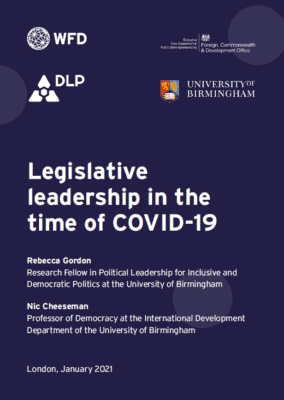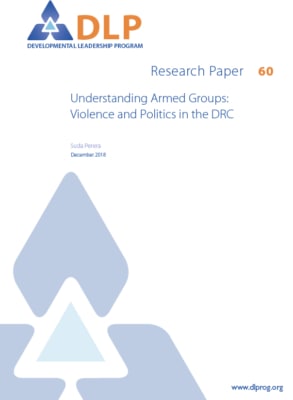This paper presents findings from primary research in Malawi that examined elites’ attitudes towards poverty and how to reduce it. It shows that their attitudes – about the risk of dependency among the poor and about direct redistribution being unfair, for example – affect the policies they are willing to support and implement.
The findings question the sustainability of Malawi’s cash transfers beyond donor funding. They suggest there would be more support among Malawi’s elites for other forms of social protection such as public works and strategies that help the poor become economically active.
The paper argues that the planning of cash transfer programmes needs to involve more consideration of the country-specific attitudes of elites. It is members of a country’s elites who are often expected to implement – and in the long term, allocate domestic funding to – such programmes.










